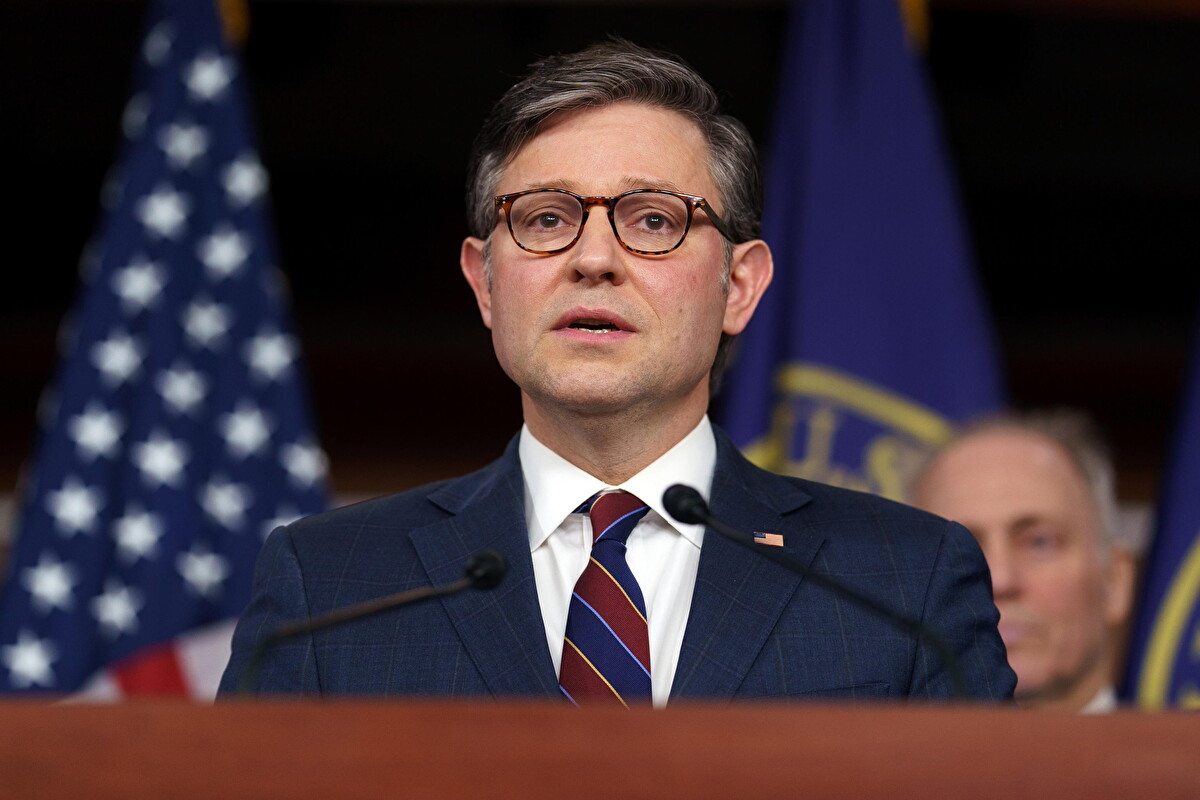On Saturday, President Trump delivered the commencement address at West Point, the nation’s most prestigious military academy, with a broad-ranging and politically charged speech. At times speaking off the cuff and wearing a red MAGA hat, Trump alluded to his crusade to root out “absurd ideological experiments” in the military as well as his mass deportation policy, and boasted of a “colossal” increase in military spending over his predecessor’s. More important than these talking points on domestic politics were his comments about the role of the armed forces on the global stage, in which he claimed a decisive break with his predecessors in the twenty-first century so far. In some ways that holds true, although there may be more continuity than he would like to admit.
Early on in the speech, Trump decided to contrast his vision with what’s come before, with the implied exception of his first term. “For two decades, political leaders from both parties have dragged our military into missions it was never meant to be,” he told the West Point graduates, denouncing them for sending soldiers on “nation-building crusades to nations that wanted nothing to do with us.” He followed up on this critique with claims that these same leaders had been “abusing our soldiers with absurd ideological experiments” and “subjected [them to] all manner of social projects and political causes” – vague allusions to his campaign promise to end so-called ‘woke’ programs in the military that sought to ameliorate racial and gender-based disparities.
He brought the point home by contrasting these ideas with what he viewed as an appropriate vision for the military. “The job of the US armed forces is not to host drag shows, to transform foreign cultures, or to spread democracy to everybody around the world at the point of a gun,” Trump said. “The military’s job is to dominate any foe and annihilate any threat to America anywhere, anytime, and any place.” The distinction he continues to insist upon between a military that is effective and one that puts on drag shows is at odds with American military history, as drag shows have been a part of morale-boosting entertainment for soldiers since at least the Second World War.
Regarding Trump’s criticism of our country “spreading democracy,” President George W. Bush indeed trafficked in that rhetoric constantly, most notably to justify the invasion of Iraq. But that argument was always questioned, with many observers viewing it as largely pretextual. In a report from 2007, Thomas Carothers, a leading expert on democracy promotion, found that the Bush administration’s commitment to the issue was “much less than the president’s sweeping rhetoric would suggest,” and that Bush’s foreign policy was “primarily driven by economic and security interests that often clash with support for democracy.” Commitment to the wars Bush started continued throughout the Obama presidency and Trump’s first term, and while the wars in Iraq and Afghanistan are over, the US maintains a significant presence in the Middle East.
Trump’s biggest departure from predecessors is his shedding of language implying that our foreign policy provides a broad benefit to other countries. That rhetoric has been bipartisan, as after George Bush’s “spreading democracy” refrain, Obama’s Secretary of State Hillary Clinton echoed the sentiment frequently as well. As sincere as that rhetoric may or may not have been by Carothers’ standards, Trump did away with it altogether, declaring that he is “laser focused on our core national interests,” promising to “obliterate” opponents “if the United States and its allies are ever threatened.” While Trump has not deployed forces into any new wars, the language is consistent with the heavy-handed tactics towards Canada and Greenland in just the few months of his second term so far.
Trump also highlighted the $1 trillion military budget, which he accurately told the graduates was “the largest ever in the history of our country,” and was being spent on, among other things, “brand new beautiful planes.” Trump’s trillion-dollar military budget is indeed the largest in history, although it is built on previous record rates of spending, topping $800 billion in Biden’s last year in office.
Trump ended the speech by offering words of encouragement–by essentially quoting himself–telling the class of 2025, “you will fight, fight, fight, and you will win, win, win,” calling back to the words he spoke after an assassination attempt against him on the campaign trail last year.












